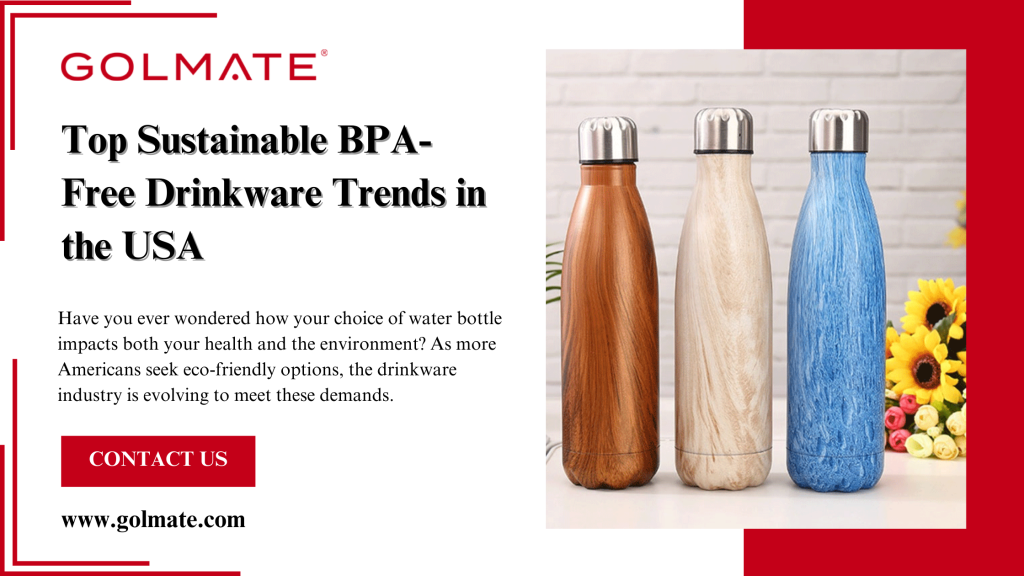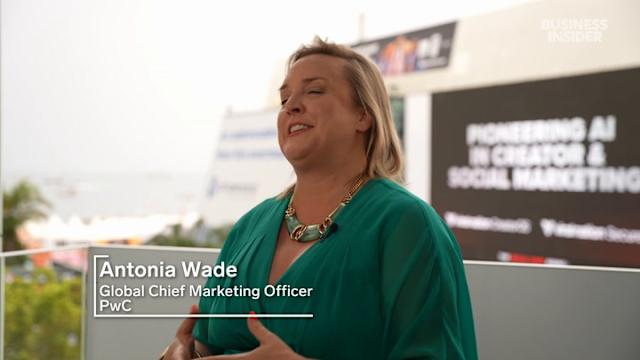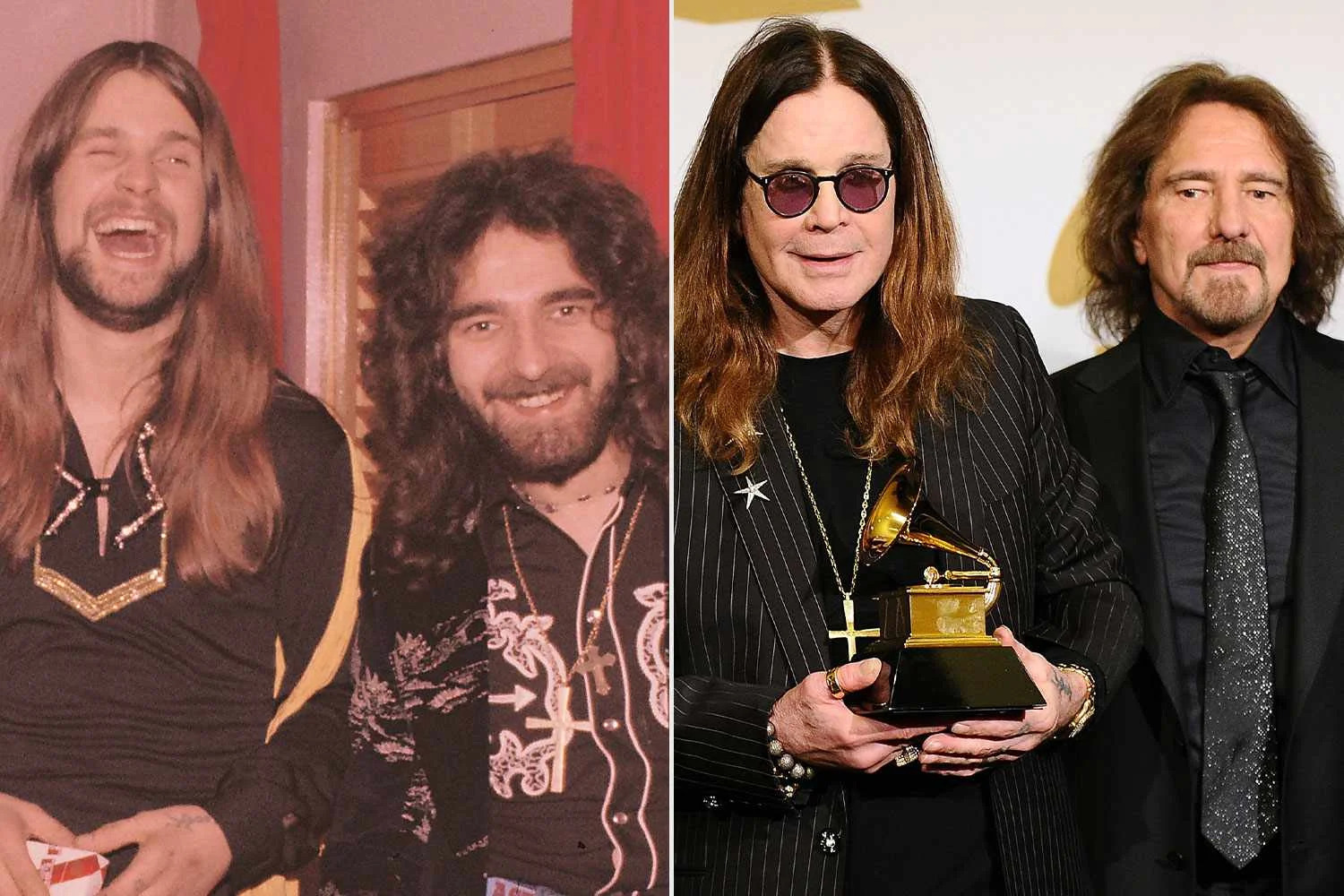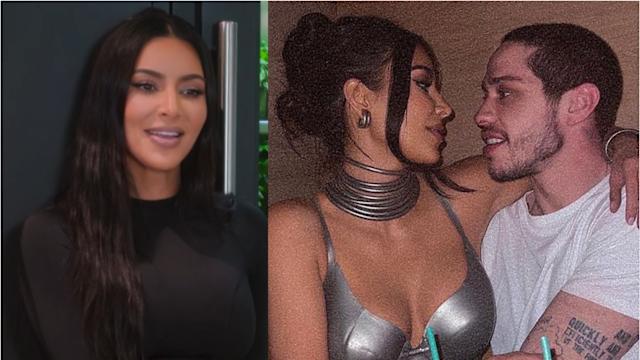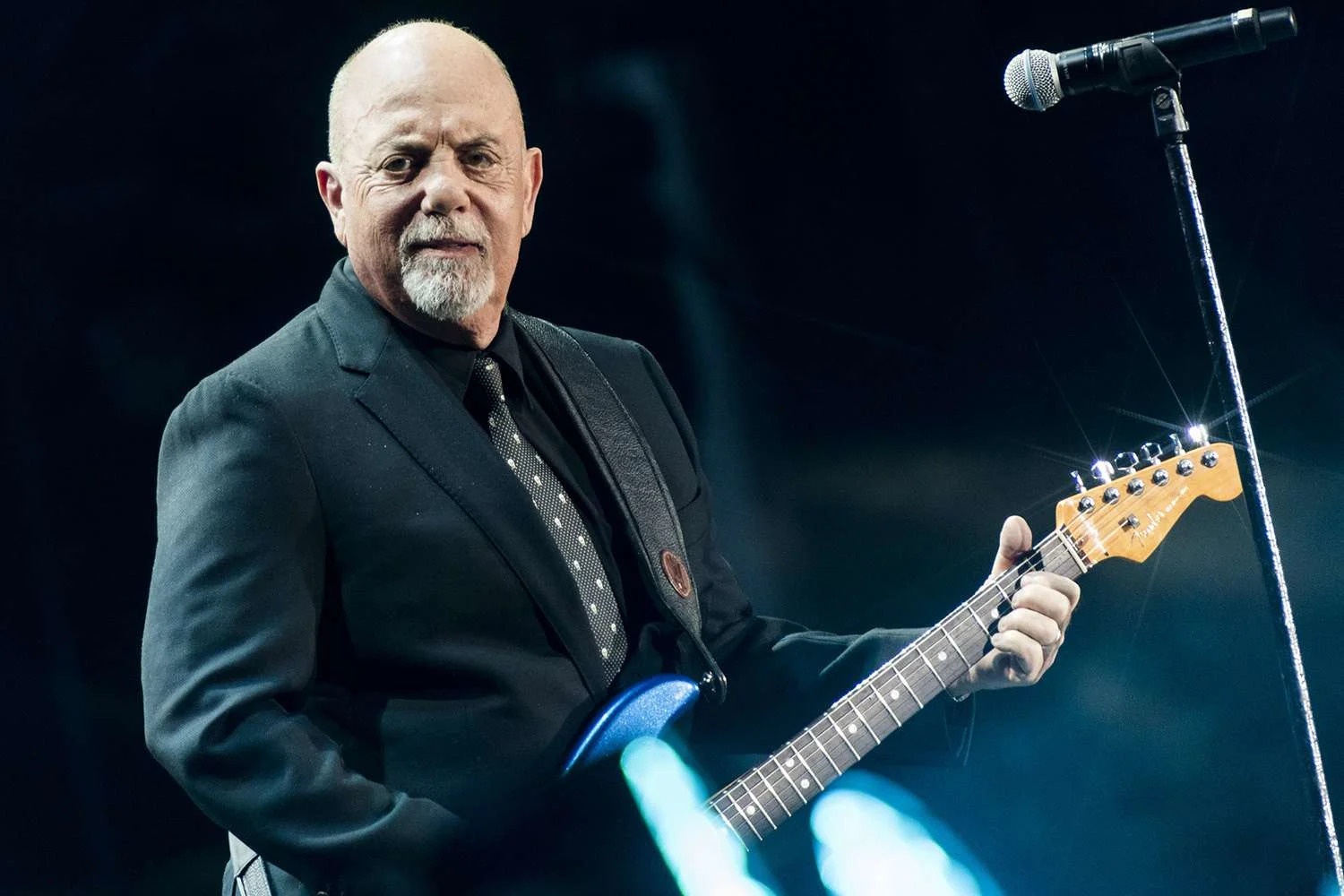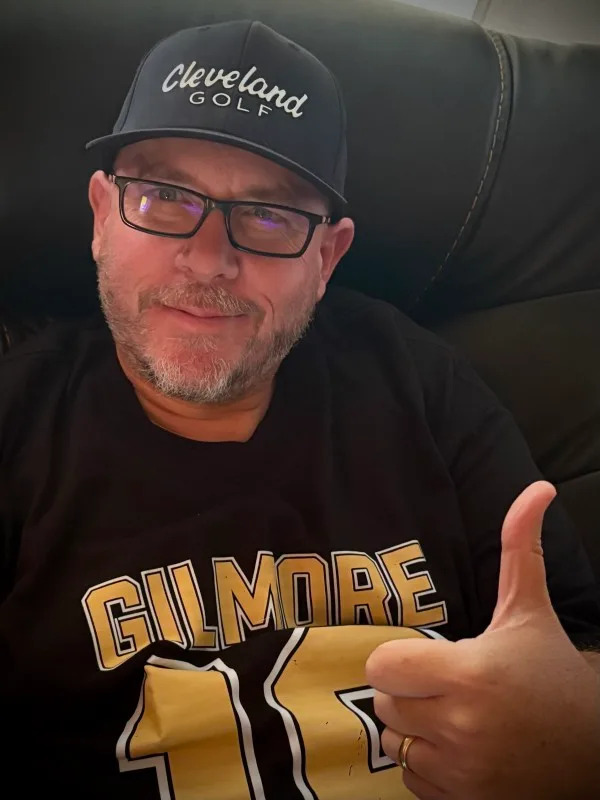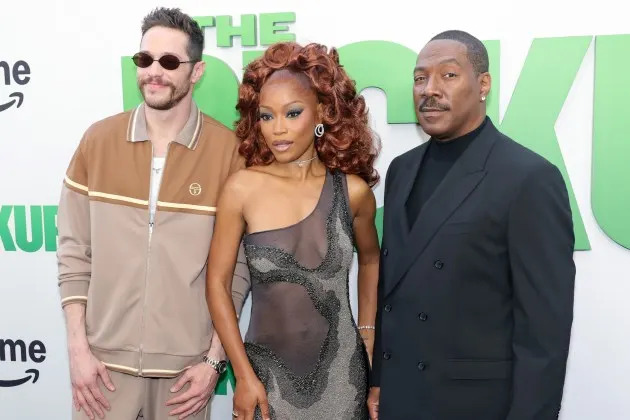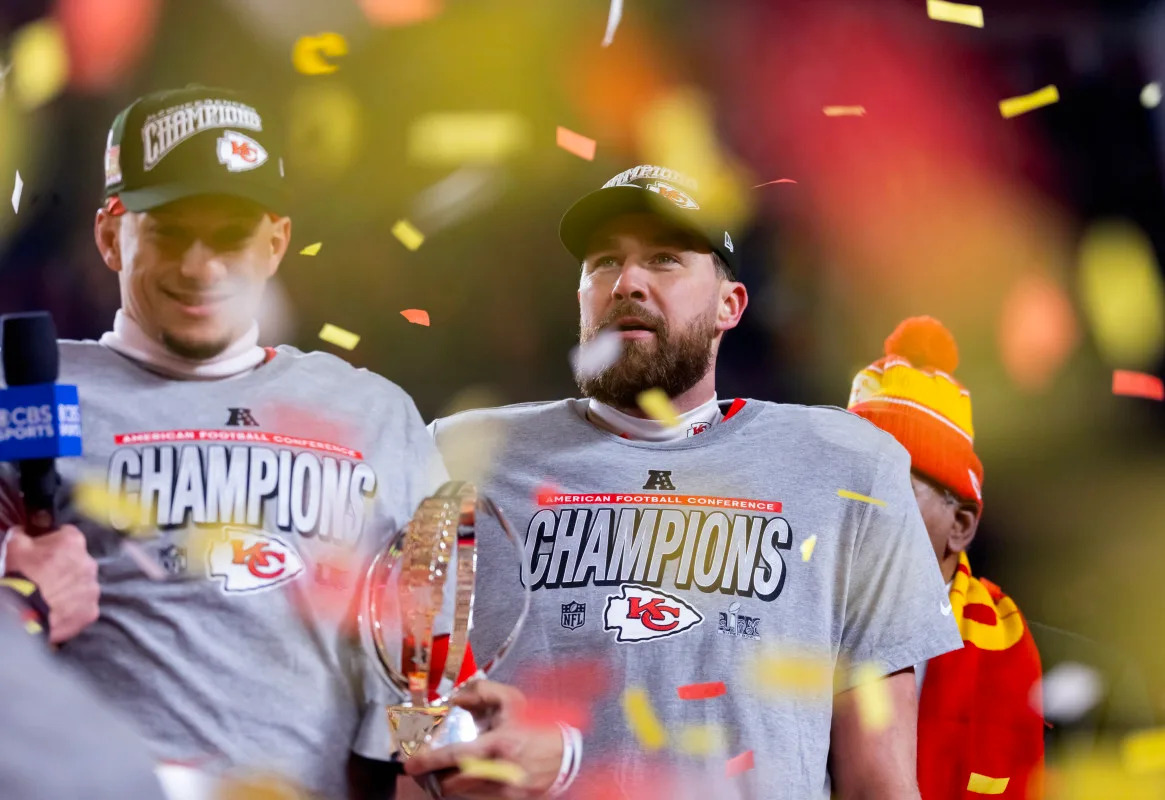“King of Drag” winner King Molasses wants their reign to shatter toxic idea that kings are 'inferior to a drag queen' (exclusive)
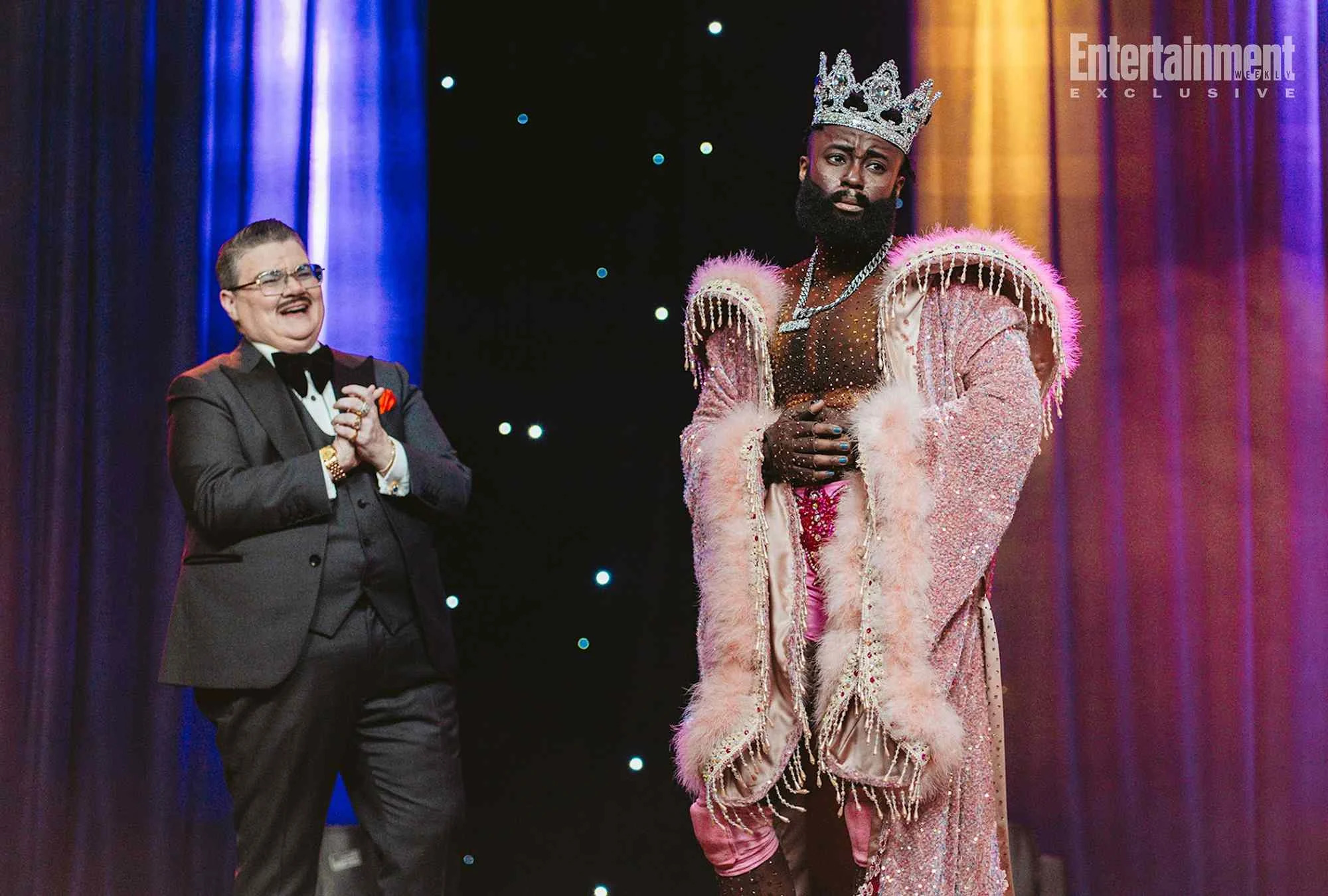
A king has joined mainstream television's reigning court of queens, and you'd better bow down.
After making history at the center of the Murray Hill-hosted King of Drag — TV's first-ever all-drag-king competition series on Revry — King Molasses emerged triumphant on Sunday night's finale, etching their name into a pop culture legacy and introducing a wider audience to an underrepresented sector of drag artistry beyond RuPaul's Drag Race and The Boulet Brothers' Dragula.
Now, in their first coronation interview with Entertainment Weekly, King Molasses breaks down the journey to get here, the barriers they broke to showcase drag king artistry on Revry's national platform, and how they're dealing with toxic fan comparisons to high-profile drag queen gauntlets.
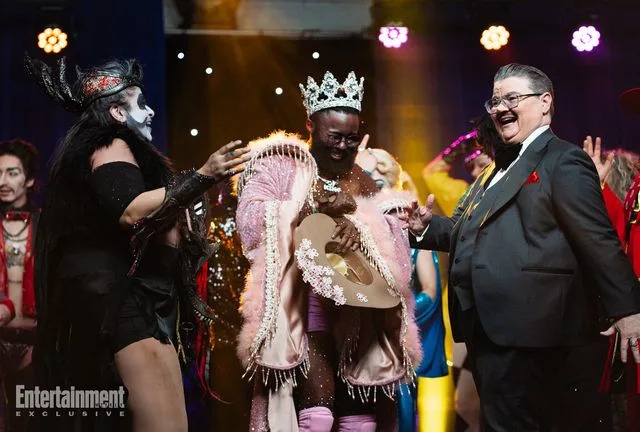
B Sharp for Revry
Murray Hill crows King Molasses as 'King of Drag' season 1 winnerRead on for EW's full coronation interview with King of Drag's first winner.
ENTERTAINMENT WEEKLY: What does it feel like to move pop culture forward as TV’s first drag king competition winner?
KING MOLASSES: It doesn’t feel different from a normal day and how I navigate my world and work. This moment is so much bigger than me in terms of what this cast represents in media and the show’s groundbreaking nature. I situate myself as someone who works hard, and this is what comes with hard work…. This is a stepping stone for us in terms of what we consume and talk about drag.
Before the season, you’d already worked with judge and Drag Race season 9 winner Sasha Velour on NightGowns. Was that comforting or intimidating?
It was more intimidating and vulnerable than it was comforting, but I was validated in seeing Sasha and Tenderoni. What I appreciate about Sasha as a judge is that she doesn’t carry a bias or preconceived notion about our ability as performers just because we’re drag kings. That felt validating. The work was making sure I showed up, knowing she knows my standard. So, if I’m slipping, she can call it out honestly.
Had you experienced exclusionary practices on the circuit with other queens?
Do I often get backhanded compliments that speak to the nature of how queens exclude drag kings from rostered shows? Sure. Drag queens as show producers make decisions they think are in service of the audience. Drag queens have a smaller market and preconceived notions about performance ability, which will impact how we’re cast. I don’t ask for bookings. When queens book me, it’s because they want to. When I’m done, they often share that they’ve never seen a king like me, or that I’m the only king they’d book. I appreciate the warmth, but that can be backhanded. I don’t seek to extend my ability in a way that monopolizes how you see a drag king. I’m one of many king performers, and I’m taking opportunities to be as visible as possible.
AdvertisementAdvertisement#_R_5hokr8lb2mav5ubsddbH1_ iframe AdvertisementAdvertisement#_R_9hokr8lb2mav5ubsddbH1_ iframeThere’s misogyny in every line of work. The notions around us are underlined because people assume us to be women, and [society doesn’t] respect women. It’s hatred of women that puts drag kings in a marginalized space within a marginalized space. I consider that exclusion. Most people try to be nice — but, I think people don’t check unconscious biases, so I make sure I’m such a strong enough performer that you can’t rely on bias to count me out.
That experience has given you a distinct perspective, and it makes me think of the final lip-sync. You went from speaking about never showing your chest in drag to stripping topless in the Prom King challenge and in the finale. What power does that hold, seeing you and Dick Von Dyke do that on TV?
It's the most direct way of showing the world that we are doing drag. I knew the only way for me to win this competition and to be taken seriously in the industry was to challenge myself and my insecurities with my body I’ve had my entire life. That’s the foundation of the scantily clad moments.
Some will enjoy the finale and say, look at those two just taking off all their clothes! Others will see someone who has insecurities about their body based on what people have told them moving through the world. I knew if I wanted to push myself to do bigger drag, I had to put that insecurity down. So, I took the clothes off. I showed myself to myself.
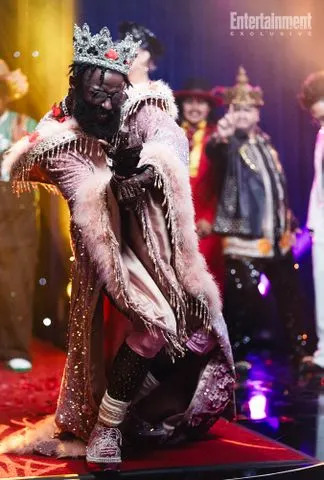
B Sharp for Revry
King Molasses on the 'King of Drag' finaleIt made me consider the different avenues funneling audiences to this show. Some bridged over from Drag Race, with an entirely different set of contestant experiences. There’s debate among fans asking if kings should be allowed on Drag Race. Do you want a Drag Race season of kings vs. queens?
Is there a world where I’d want that? Sure. My priority isn’t to be on Drag Race until it is my priority. I appreciate that our show ignited conversations about whether drag kings can be on the show, which I think is the question underneath. Should they be on the show, or can this be good TV? I don’t go where I’m not wanted. I’m grateful that folks who are loyal to Drag Race, Dragula, and local drag were willing to watch us and change their mind on the idea that we can’t do well on a particular show. I don’t want to feel gatekept from a stage I want to be on, and I think many of us are tired of being gatekept. Whether or not the other side of the gate is Drag Race sort of misses the point. The point is about how we as a mainstream audience judge ability based on proximity to being a man.
There’s often shallowness among fans, evidenced by select Drag Race viewers who compared King of Drag's boy band challenge to Drag Race‘s girl groups. How did you react to that?
How people react doesn’t have bearing. As someone assigned female at birth, that reaction doesn’t surprise me. It's good that it does surprise others in the industry, because it’s underneath everything. This is how exclusion shows up. When [Drag Race season 16 queen] Megami went on X to hold the fandom accountable over how people talked about us, saying the quality isn’t great compared to RuPaul’s girls, [it becomes clear that] even within the RuPaul family, they’re also having these conversations!
You asked, “Can I get an Amen?” after winning. Was that a message to RuPaul?
No. I’m a spiritual person. I love all of God’s children.
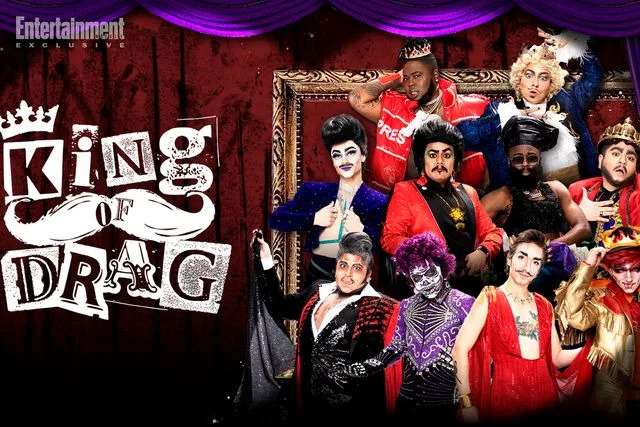
Maxwell Poth for Revry
'King of Drag' season 1 cast of drag kingsYou said this season that “people don’t even know what a drag king is.” What do you want your reign to show the world about drag kings?
I want to show that drag kings are no different than drag queens. We work hard in community, and because we’re kings, we have to work even harder to support ourselves. That added challenge is what makes us shine. I want my reign to establish our credibility as artists. We’re always going to be compared to drag queens, but I want my reign to put to bed the ambiguity about what a drag king is. You will not inherently think we’re inferior to a drag queen. People don’t know what they don’t know. I don’t want them to ask me what a drag king is. I want them to have the curiosity, if they don’t know, to figure it out. That’s all!
Sign up forEntertainment Weekly'sfree daily newsletterto get breaking news, exclusive first looks, recaps, reviews, interviews with your favorite stars, and more.
Read the original article on Entertainment Weekly


